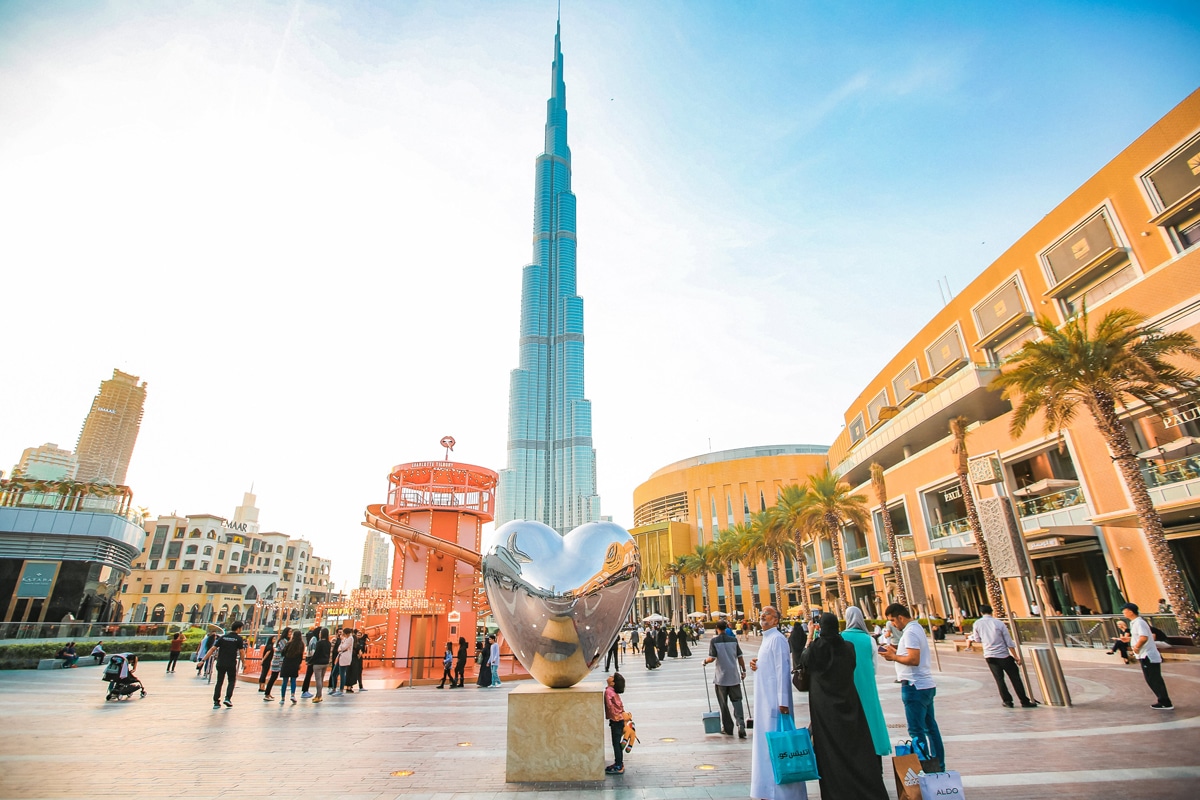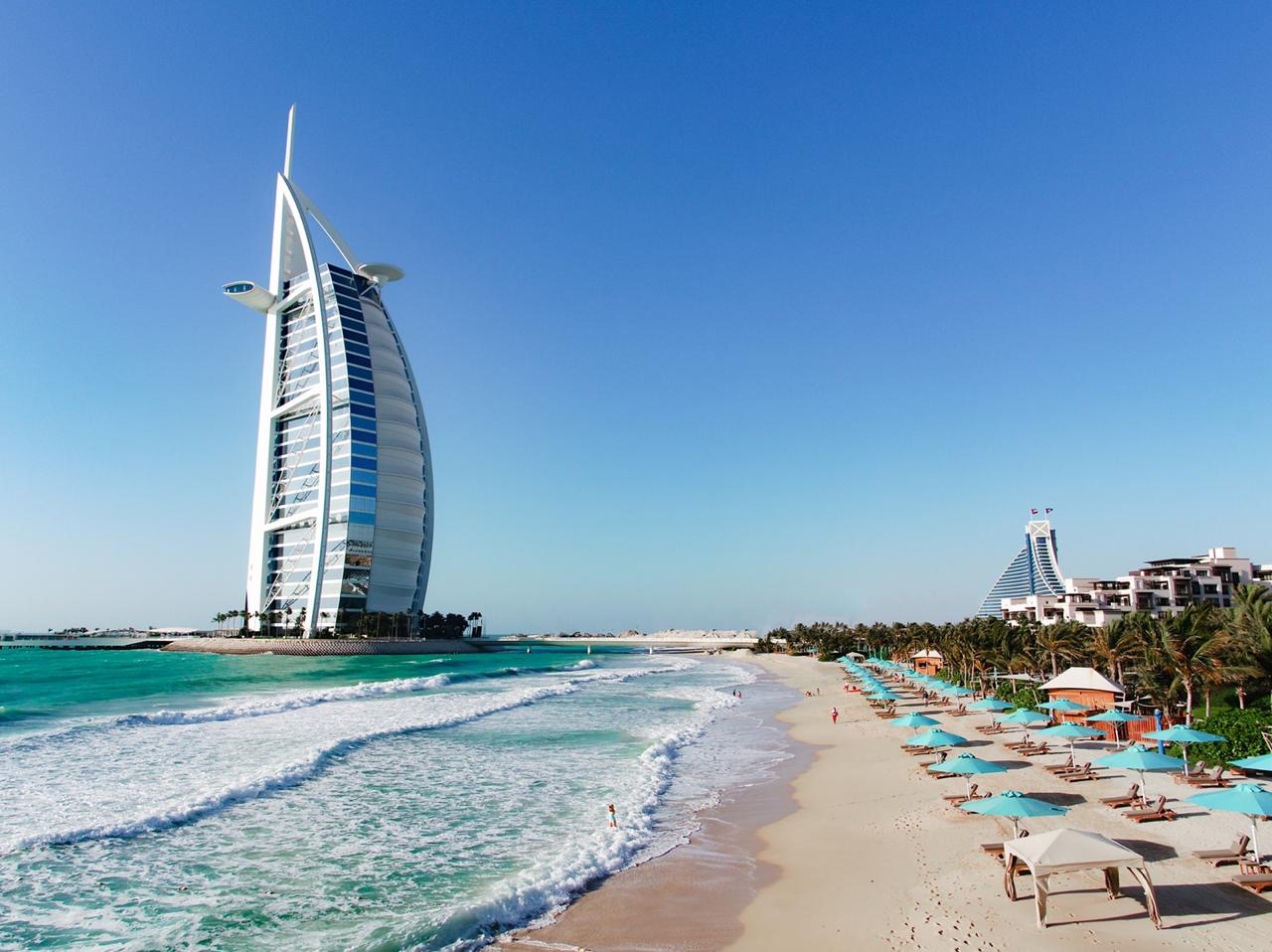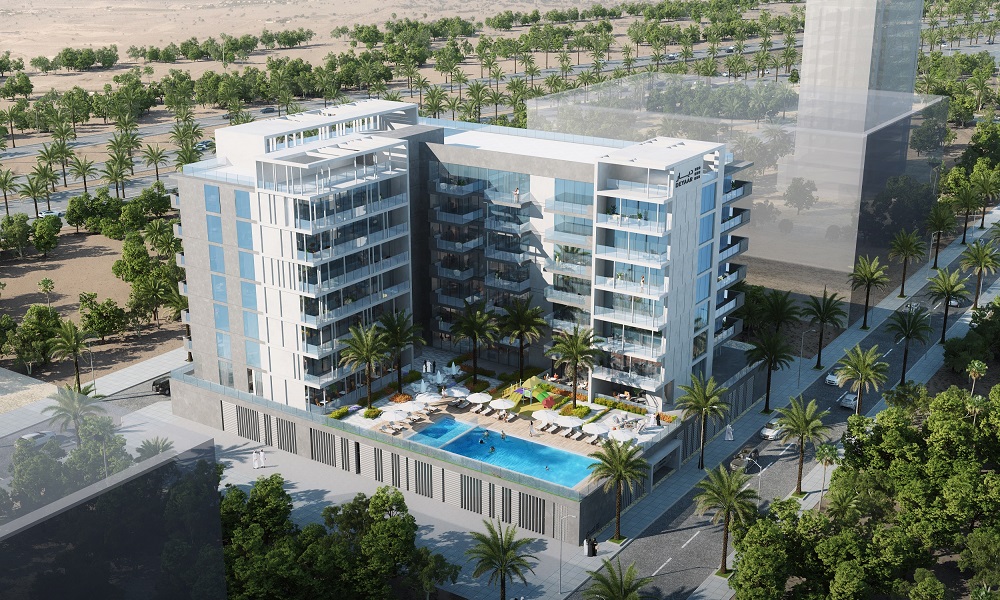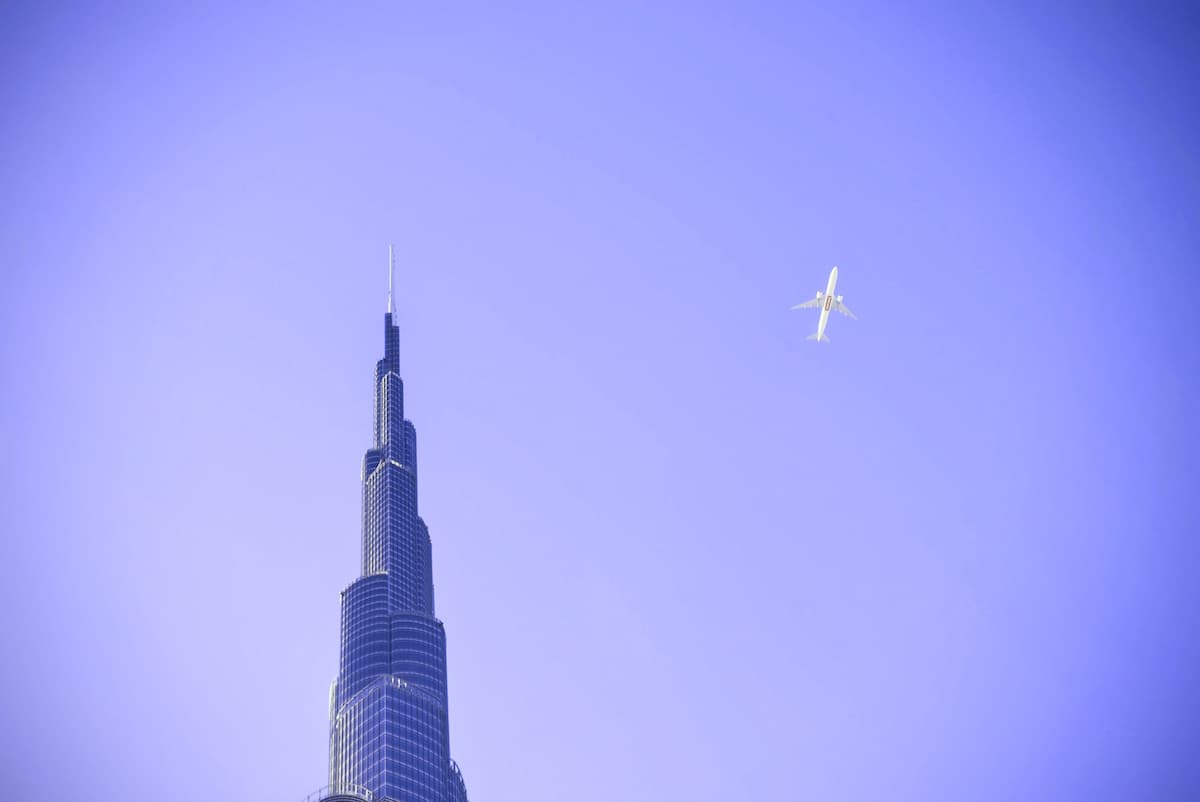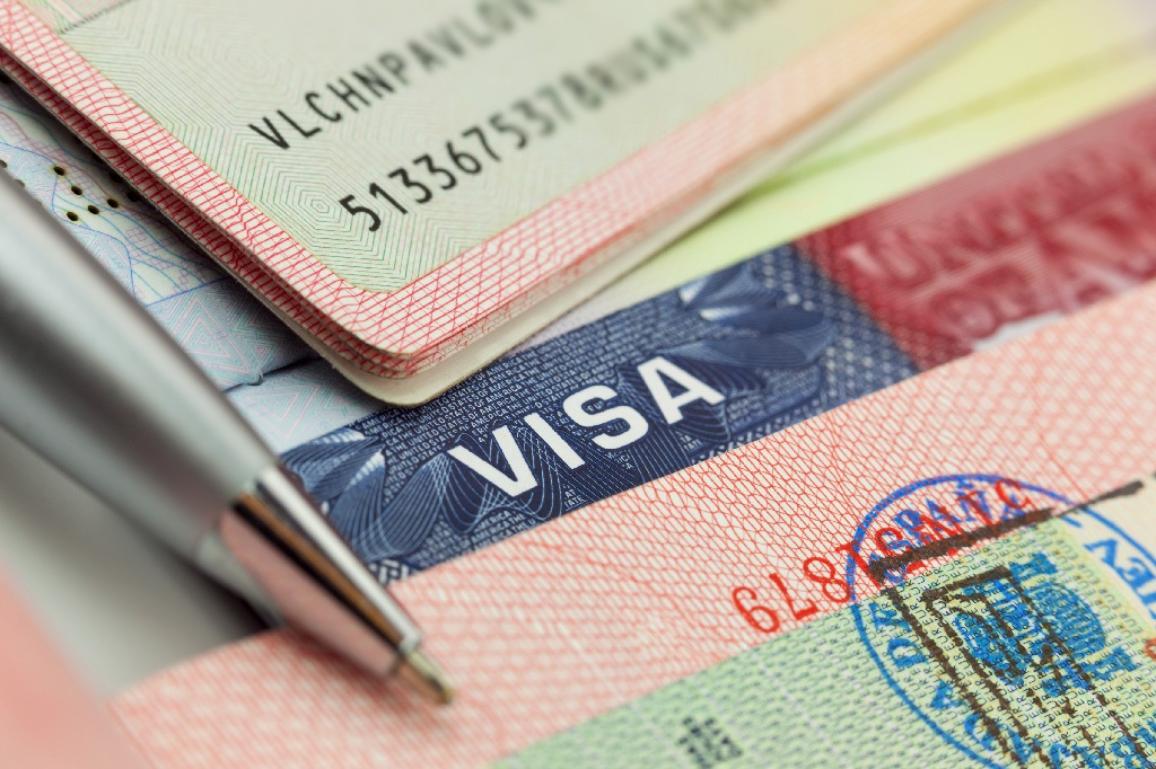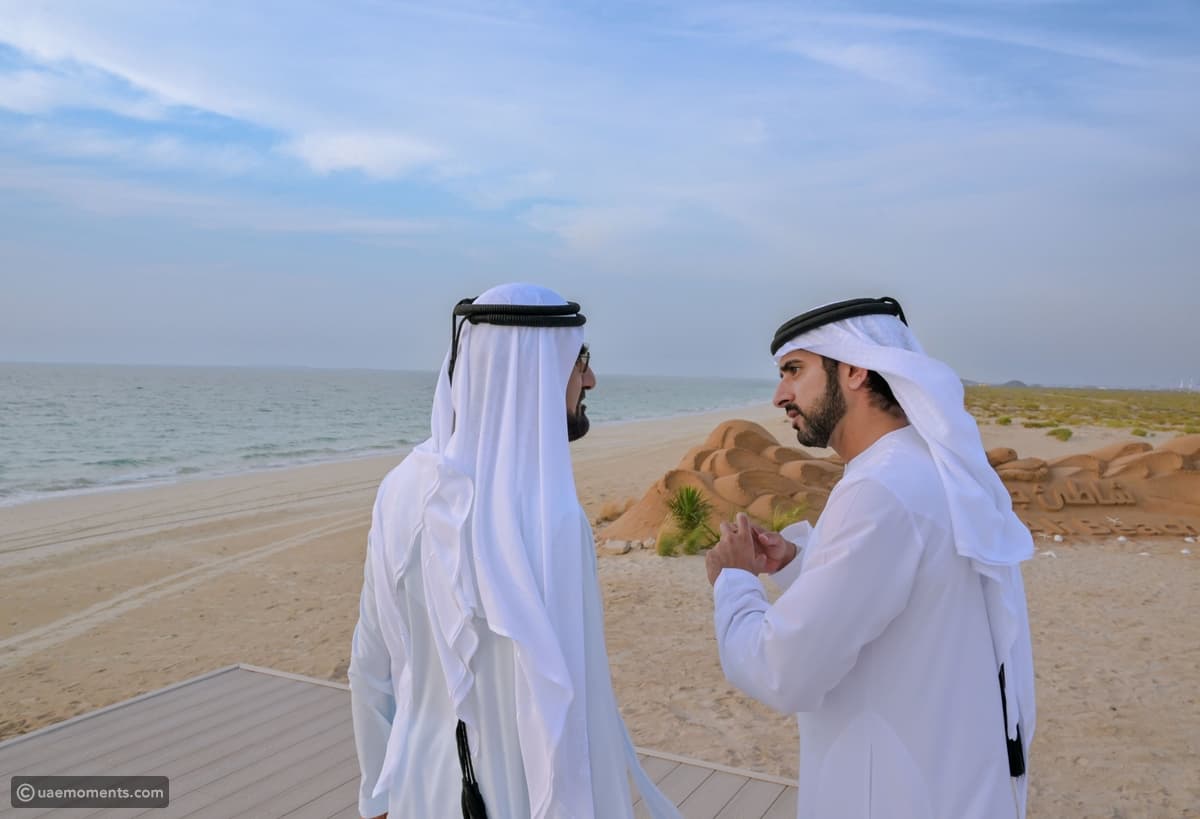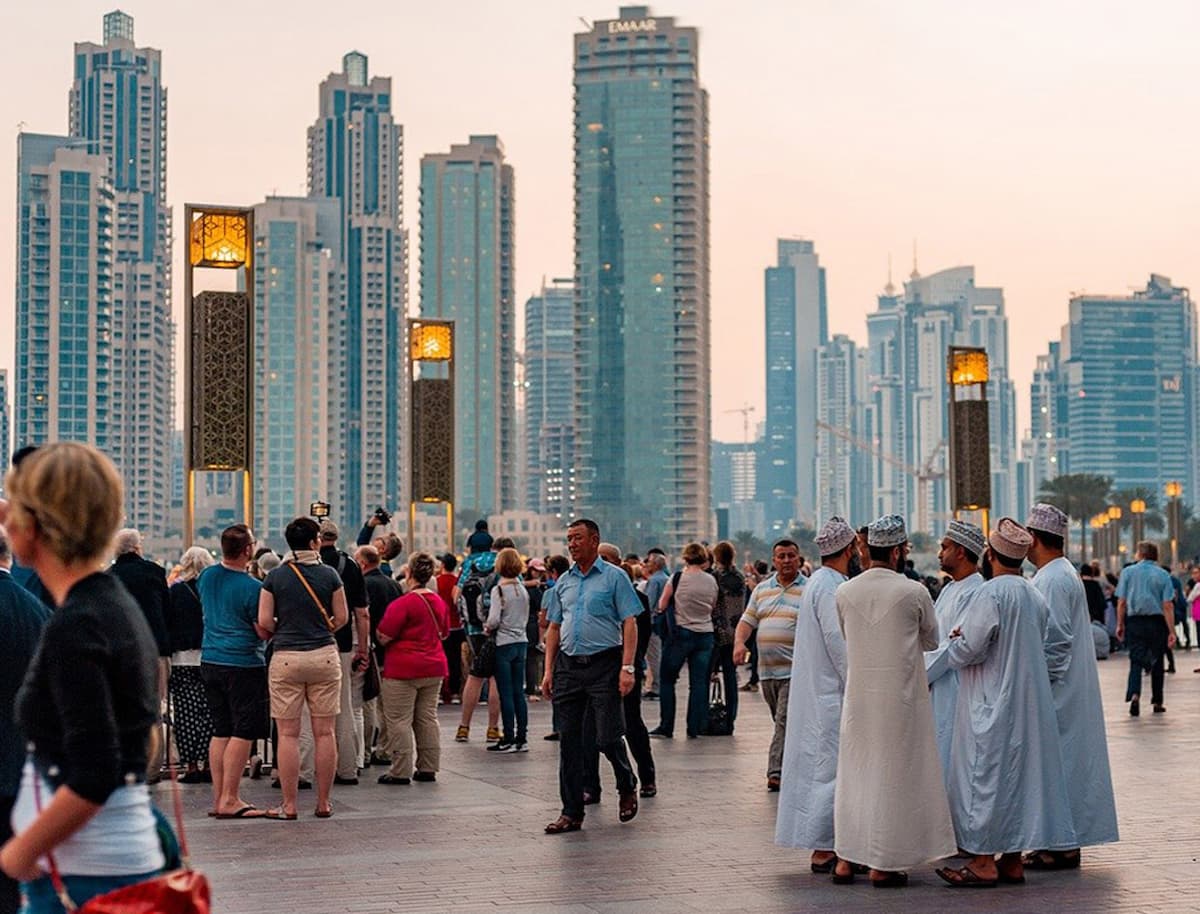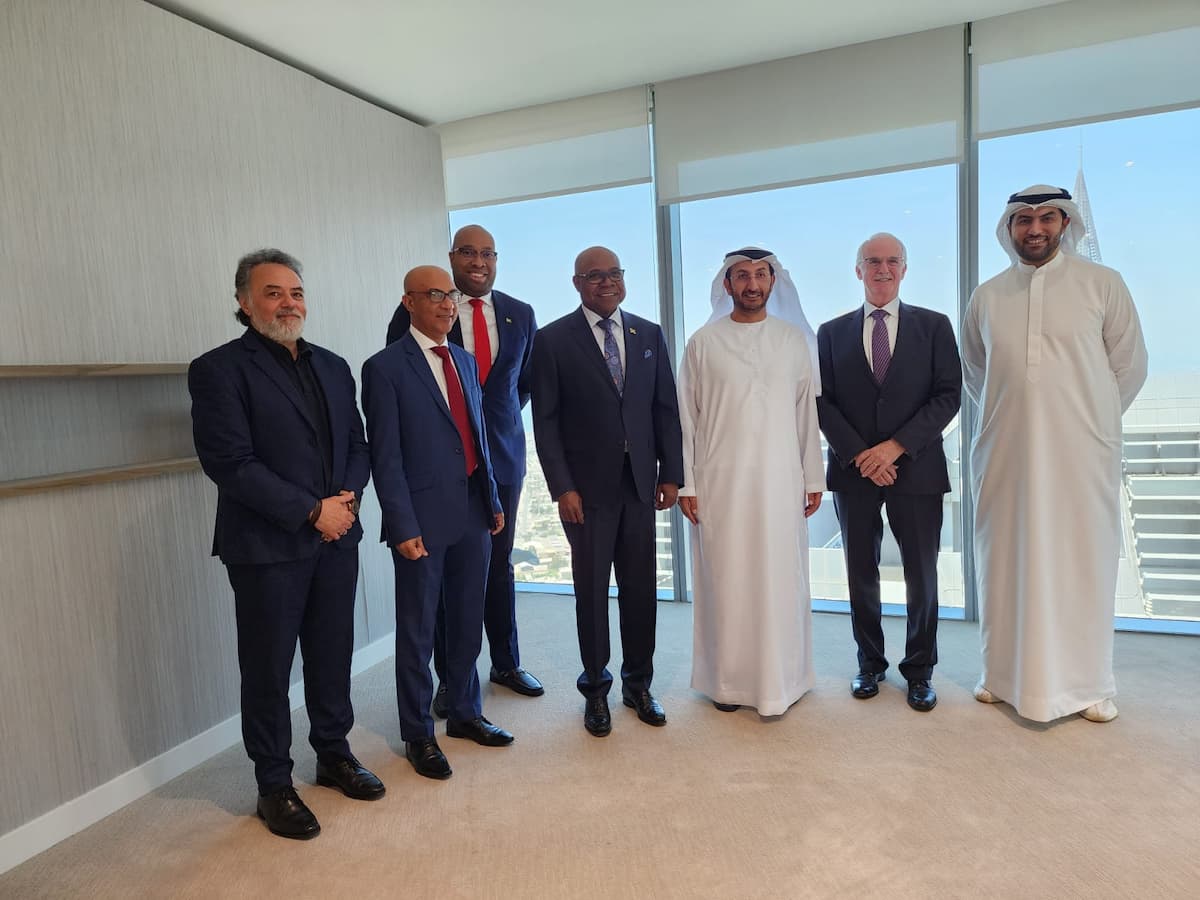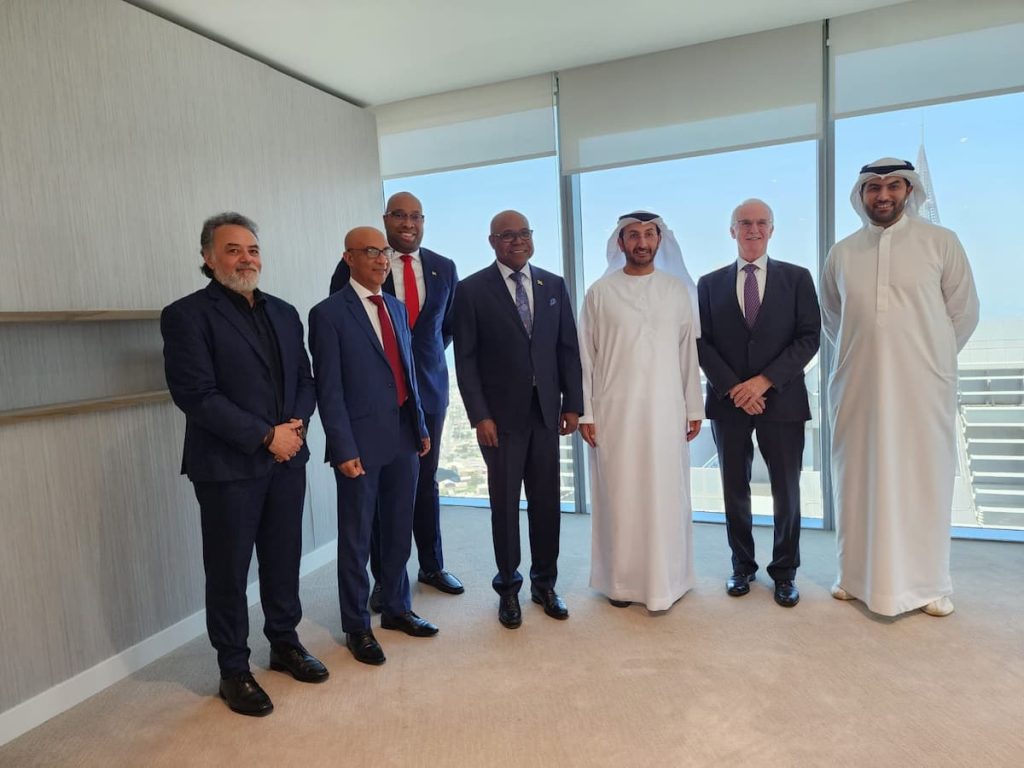Across all metrics, Dubai hospitality and tourism has outdone itself compared to pre-Covid times. 2019 was a record year for the emirate, but 2023 has seen the city pull ahead when it comes to visitor figures, hotel rates and occupancies.
As per the Dubai Media Office, Dubai is the world’s fastest-recovering destination globally. Pulling in 8.55 million travellers in H1 2023, the city is ahead of H1 2019’s 8.36 million feat.
For comparison, United Nations World Trade Organisation estimates that international tourist arrivals could reach between 80-95 percent of pre-pandemic levels this year.
Hotel performance
Dubai’s hotels outperformed pre-pandemic levels across all hospitality metrics in H1 2023 including occupancy, ADR, RevPAR and length of stay. Among the highest in the world, Dubai hotels’ average occupancy of 78 percent is 2.2 percent points higher than the occupancy achieved for the same period in H1 2019.
This growth is particularly noteworthy considering the 13 percent increase in hotel establishments and 26 percent increase in room capacity over the same period in 2019. Continued domestic and international investment into the sector further increased the hotel inventory, and by the end of H1 2023, Dubai’s visitors and residents could choose from a total of 810 hotel establishments and 148,689 rooms, compared to 714 hotel establishments that were open with 118,345 rooms at the end of H1 2019.
The performance of the hotel sector is also evidenced by the fact that the average length of stay of guests increased to 3.9 nights (up from 3.5 nights in H1 2019), highlighting the city’s appeal for longer-stay travellers.
The average daily rate (ADR) of AED534 during the first six months of the year surpassed the ADR of H1 2019 (AED444), a 20 percent growth, while revenue per available room (RevPAR) of AED415 in H1 2023, surged by 24 percent compared to the first six months of the pre-pandemic period of 2019 (AED336).
Dubai tourism source markets
Looking at difference in the tourism landscape between now and 2019, there has been a surge in European business into Dubai.
In the first half of 2023, Western Europe emerged as a significant contributor to tourism arrivals, making up 20 percent of the total international visitation, while the GCC and MENA regions delivered a combined 28 percent of the regional share. South Asia held a 17percent share of the total visitation, and Russia, CIS, and Eastern Europe combined contributed 14 percent. North Asia and South East Asia contributed eight percent while the Americas, Africa and Australasia contributed seven, four and two percent, respectively.
Thanks to wise leadership
H.H. Sheikh Hamdan bin Mohammed bin Rashid Al Maktoum, Crown Prince of Dubai and Chairman of The Executive Council of Dubai, said: “The remarkable surge in international visitors witnessed by Dubai in the first half of 2023 further demonstrates its emergence as one of the brightest spots not only in the worldwide tourism sector but also the broader global economic landscape. This accomplishment has been made possible by the foresight of Dubai’s leadership, whose vision and prudent polices fortified its resilience in the wake of global challenges and enabled it to rebound more swiftly than other markets. While the growth of international visitation reinforces Dubai’s rise as a major global tourism destination, it also signifies its status as a pivotal hub for trade, investment and enterprise.
“The Dubai Economic Agenda D33, spearheaded by His Highness Sheikh Mohammed bin Rashid Al Maktoum, Vice President and Prime Minister of the UAE and Ruler of Dubai, has outlined an ambitious new trajectory for the city to further consolidate its status as one of the world’s top urban economies and tourism destinations. As a major pillar of Dubai’s economy, the tourism sector will continue to play a key role in realising its future aspirations.”
H.E. Helal Saeed Almarri, Director General of Dubai’s Department of Economy and Tourism, commented: “This significant uplift in visitation, which surpasses both pre-pandemic levels and marks a new record for Dubai’s tourism sector, is the result of a highly coordinated, sustainable and robust strategy, that is underpinned by a strong execution mandate and driven forward by the vision and continuous support of His Highness Sheikh Mohammed bin Rashid Al Maktoum and the emirate’s entire leadership, in line with the 10 year Dubai Economic Agenda D33.
“These results further add weight to the depth, scale and resilience of Dubai’s tourism ecosystem, both domestically and across the world, all of which have been instrumental to supporting the city’s highly calibrated and agile strategy for advancing growth over the previous decade, mitigating risk and building a comprehensive framework throughout the entire value chain to drive our ambitions for the coming 10 years. It is the strength of these partnerships, and all our stakeholders, that continues to set us apart. We will continue to invest in such partnerships and all factors that drive the growth of tourism and economic sectors over the long term.”
H. E. Issam Kazim, CEO, Dubai Corporation for Tourism and Commerce Marketing, said: “The H1 industry performance is testament to the future-oriented strategy of our visionary leadership to position Dubai as the best city in the world to visit, live and work. Within a highly competitive global tourism ecosystem, Dubai has continued to accelerate momentum and stay ahead of the curve, primarily by highlighting the diversity of the city’s offerings and the flexibility of our portfolio. Central to our success in showcasing Dubai as a must-visit destination is fostering multi-level partnerships between the public and private sectors.
“These collaborations with government entities, industry stakeholders and global partners form the backbone of our growth strategy, paving the way for a well-aligned and united cross-sector endeavour to create a unique positioning and drive international visitation, as well as support the wider talent attraction and economic growth agendas. As we move forward, we remain dedicated to delivering memorable experiences to all our guests, residents and the business and MICE community at large, to set new standards and push the boundaries of excellence globally.”
Source: Hotelier

